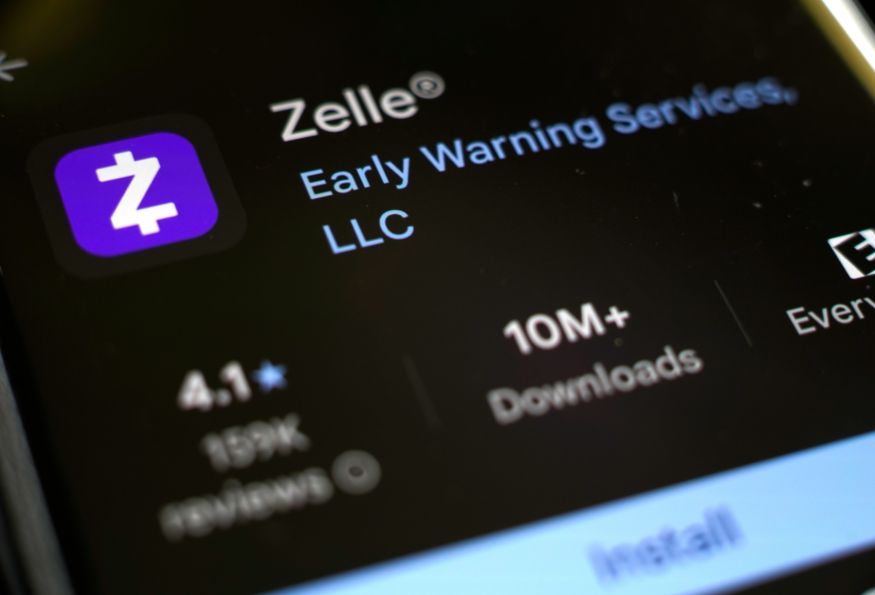Background on Zelle and Early Warning Services
New York Attorney General Letitia James has filed suit against Early Warning Services, LLC (EWS), the operator of the widely used peer-to-peer payment platform Zelle. The lawsuit alleges that EWS knowingly allowed its network to be exploited by scammers, leading to more than a billion dollars in consumer losses. Zelle, launched in 2017 by a consortium of major banks—Bank of America, JPMorgan Chase, Wells Fargo, PNC, Truist, Capital One, and U.S. Bank—was built to make sending money quick and convenient. The platform, integrated into users’ bank accounts, required only an email address or phone number to register, and money transfers occurred instantly. While EWS promoted Zelle as safe and reliable, the complaint contends the company failed to deliver on those promises.
Fraud Warnings Unheeded for Years
Court filings claim that EWS was aware early in Zelle’s rollout that the platform’s design made it especially vulnerable to fraud. Internal discussions reportedly flagged the lack of adequate security measures, but the company took no substantial action for years. Even after proposing limited anti-fraud steps in 2019, EWS allegedly stalled on putting them in place, leaving millions of users exposed. Between 2017 and 2023, scams on the Zelle network grew at an alarming pace, resulting in hundreds of millions of dollars stolen from consumers.

Zelle and parent company Early Warning Services for NY AG Lawsuit
Examples of Scams That Hit New Yorkers
The lawsuit details real-world cases involving New Yorkers who fell victim to Zelle fraud. In one incident, a man received a call from someone posing as a Con Edison representative demanding urgent payment. Trusting the request, he transferred $1,477 through Zelle to an account labeled “Coned Billing.” His bank declined to reimburse him. In another example, a customer paid $1,100 for a puppy and an additional $1,500 for “shipping insurance,” only for the seller to vanish. The victim was able to recover some, but not all, of the funds.
EWS did not roll out stronger security protections until 2023—six years after Zelle launched—and only after mounting pressure from the Consumer Financial Protection Bureau (CFPB), lawmakers, and consumer advocates. The improvements, once enacted, reduced fraud losses considerably, even as transaction volumes rose. Still, Attorney General James argues these changes came far too late for the many victims who had already been defrauded.
Inside the Legal Action
Filed on August 13, 2025, in New York State Supreme Court, the lawsuit accuses EWS of engaging in deceptive business practices and false advertising, citing violations of New York Executive Law § 63(12). James is asking the court to require EWS to maintain robust anti-fraud protections, provide a full accounting of all New Yorkers who reported losses, reimburse affected customers, and surrender any profits obtained through the alleged misconduct. In her statement announcing the suit, James said, “No one should be left to fend for themselves after falling victim to a scam. I look forward to getting justice for the New Yorkers who suffered because of Zelle’s security failures.”
Taking Over Where Federal Action Stopped
This state-level case follows a similar federal lawsuit filed by the CFPB in December 2024, which was withdrawn in March 2025 after a leadership change at the agency. James said New York could not allow the matter to be dropped, choosing instead to press forward to hold the company accountable.
The lawsuit underscores the dangers posed by instant-payment systems that lack strong safeguards, even when operated by major financial institutions. It also demonstrates how state attorneys general can fill enforcement gaps when federal regulators step back. A win for the state could result in stronger protections for Zelle customers and set an important precedent for other digital payment platforms.


















Leave a Reply